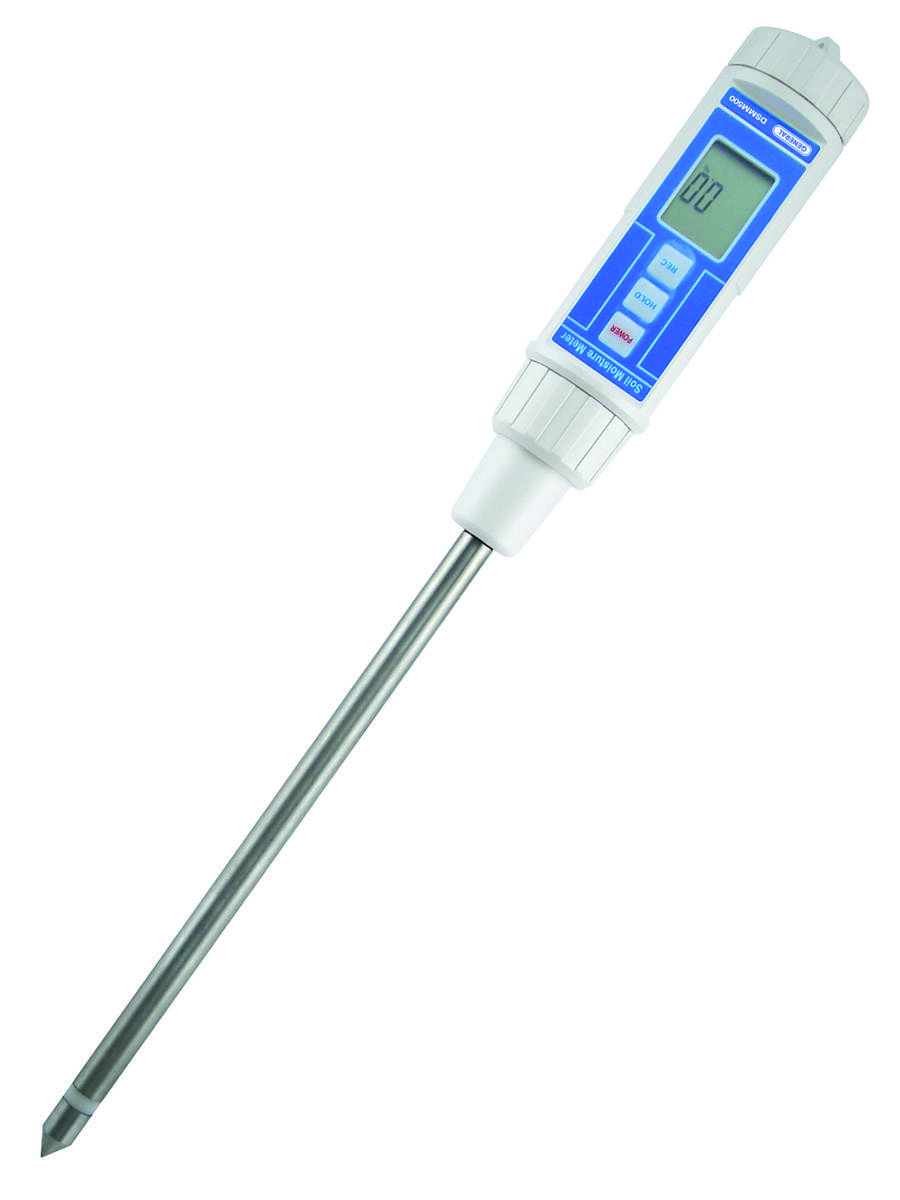Understanding the Different Types of Moisture Meters and Their Applications
Understanding the Different Types of Moisture Meters and Their Applications
Blog Article
The Ultimate Overview to Wetness Meters: A Comprehensive Summary and How They Can Conserve You Money
Dampness meters offer as important devices in spotting and keeping an eye on moisture web content in materials, helping in protecting against costly damages and making sure the top quality of products. Understanding the subtleties of various kinds of moisture meters, their applications, and the prospective cost-saving advantages they offer can be a game-changer for services and specialists alike.
Sorts Of Moisture Meters
Numerous kinds of moisture meters are offered for various applications in various markets. One typical kind is the pin-type wetness meter, which measures the electrical resistance between two pins inserted into a product. This type appropriates for timber, drywall, and other building materials. Pinless moisture meters, on the other hand, use electromagnetic sensing unit plates to check a bigger area without creating damage to the product's surface area. Moisture Meter. These meters are ideal for quickly assessing moisture degrees in huge locations such as floorings and wall surfaces.

Infrared wetness meters gauge the thermal homes of a product to determine its wetness web content non-invasively, making them helpful for applications where pin or pinless meters might not be ideal. Comprehending the various kinds of moisture meters offered can aid industries select the most ideal tool for their particular wetness dimension demands.

Advantages of Using Dampness Meters
Dampness meters supply very useful benefits in precisely keeping an eye on and assessing moisture degrees in varied products and settings. One of the main benefits of utilizing moisture meters is the avoidance of prospective damage caused by excess dampness.
Furthermore, making use of wetness meters can result in enhanced energy performance. By recognizing areas with high moisture degrees, such as leaks or poor insulation, changes can be made to enhance power conservation and reduce energy expenses. In agricultural setups, dampness meters play a vital duty in enhancing crop returns by enabling farmers to check soil dampness levels and make notified irrigation choices. Generally, the benefits of making use of wetness meters extend across different industries, offering affordable solutions and advertising better high quality control techniques.
Just How to Pick the Right Moisture Meter
Choosing the proper dampness meter involves considering crucial variables such as product compatibility, dimension range, and calibration accuracy. When choosing a wetness meter, it's vital to ensure that the meter appropriates for the certain product you will certainly be screening. Various products have differing electrical properties that can affect moisture readings, so choosing a meter created for your product is crucial for precise results. In addition, consider the measurement variety of the moisture meter. Ensure that the meter can detect moisture levels within the range needed for your applications. Calibration accuracy is an additional critical factor to remember. Select a moisture meter with reputable calibration to make sure regular and specific analyses. Some meters may require periodic calibration adjustments, so understanding the calibration process is essential. By carefully evaluating these variables, you can pick a wetness meter that meets your needs and gives precise wetness measurements for your tasks.
Proper Strategies for Moisture Meter Usage

Cost Savings Through Dampness Meter Applications
Exactly how can the strategic application of dampness meters cause considerable cost financial savings throughout different industries? Dampness meters play an essential role in price savings by avoiding prospective damages and making sure quality control find more info in various markets. In the agriculture sector, wetness meters aid in establishing the ideal time for harvesting plants, avoiding over-drying or excess dampness that can affect the end product's quality. This specific tracking aids farmers prevent unnecessary losses and optimize their yield.
Similarly, in building, moisture meters assist protect against expensive problems by discovering moisture levels in structure products, such as timber or concrete, which can cause architectural issues otherwise attended to promptly. By identifying issue locations early, specialists can take corrective steps to avoid substantial fixings or substitutes, inevitably conserving money and time.
Additionally, in the food handling sector, moisture meters are crucial for keeping track of item quality and making sure compliance with safety and security policies. By accurately measuring wetness content in food, suppliers can stop spoilage, maintain freshness, and decrease waste, leading to substantial cost savings. Generally, the critical application of dampness meters is an important investment that can cause significant cost reductions and improved efficiency across different markets.
Verdict
In verdict, moisture meters are beneficial tools for spotting and gauging wetness levels in different materials. By using the right dampness meter and complying with correct methods, individuals can effectively protect against expensive damages created by excess wetness.
Moisture meters offer as vital tools in detecting and keeping track of moisture content in materials, assisting in stopping costly problems and try this web-site ensuring the high quality of items. Infrared moisture meters determine the thermal residential properties of a material to identify its dampness material non-invasively, making them valuable for applications where pin or pinless meters might not be suitable.Wetness meters use indispensable advantages in precisely keeping track of and analyzing wetness degrees in varied products and atmospheres. In agricultural setups, moisture meters play a critical role in maximizing plant yields by making it possible for farmers to check dirt moisture levels and make informed irrigation decisions.In conclusion, moisture meters are useful devices for detecting and measuring wetness levels in various materials.
Report this page